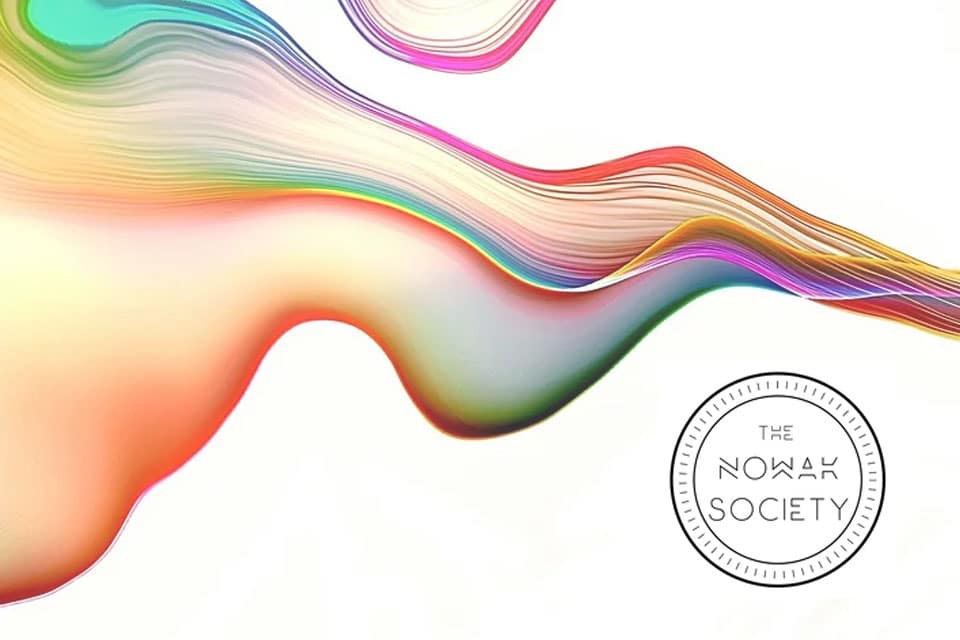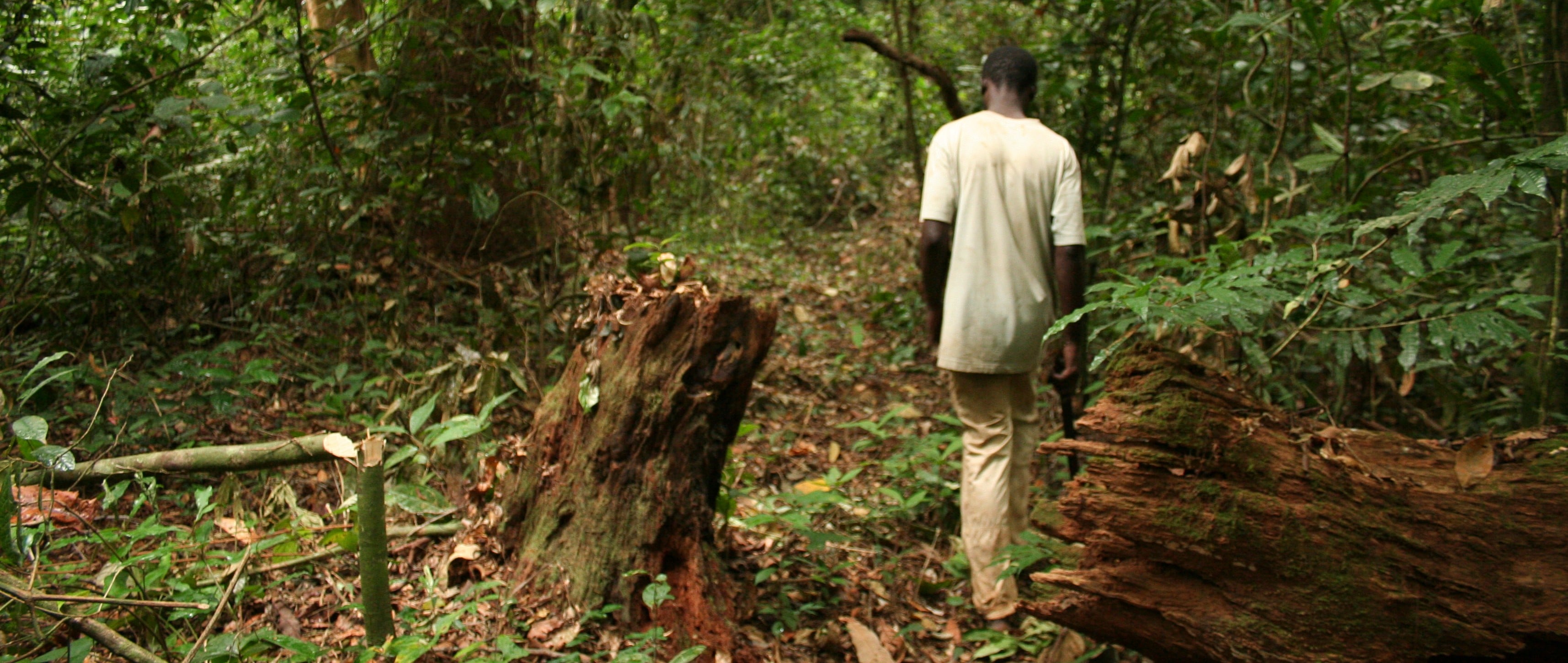On May 7, 2019, the city of Denver made headlines for becoming the first U.S. city to effectively decriminalize psilocybin mushrooms through its passing of Initiated Ordinance 301 (I-301). In the months that followed, Oakland and Santa Cruz followed suit, decriminalizing psilocybin along with other plant-based entheogens such as ayahuasca and peyote. Now, dozens of grassroots movements have formed under the “Decriminalize Nature” umbrella in effort to loosen federal restrictions on plant medicines in their respective cities.
In conjunction with the one year anniversary of I-301’s success, a Colorado nonprofit called the Nowak Society has launched a public education campaign to spread awareness about psychedelics. The campaign is called “Let’s Talk About Psychedelics,” and it begins with a short public service announcement called “Let’s Talk About Psilocybin.” The PSA follows host Ryan Foo of Denver’s Black Actors Guild, clad in peacoat and rose-tinted specs, ambling through Denver’s 16th Street Mall and jovially asking pedestrians trivia-style questions about psilocybin mushrooms. Through his questions (i.e. “When you think of the stereotypical mushroom user, who do you think of?”), Kay draws out common perceptions and misperceptions on psilocybin, kindly offering factual information when necessary.
In a press release on the campaign, Nowak Society Board member Dr. Shannon Hughes writes, “As more people begin to learn about and explore psychedelics, there’s a pressing need for accurate information about these unique and powerful substances.”
The PSA aims to dismantle stigmas around psilocybin through its light-hearted tone and accessible information. Through the public education campaign, the Nowak Society hopes to encourage broader conversations around psychedelics and help shape dialogues through supplanting stereotype and bias with factual information.
“The intention… is to dispel myths and encourage informed discussions about the use of these psychoactive medicines,” the press release continues. “Additionally, the campaign aims to give voice to perspectives that can get marginalized in certain framings of psychedelic use—for example, recognizing the value of recreational experiences and the wisdom of indigenous practices.”
The Nowak Society intends to produce PSAs for LSD, ayahuasca, MDMA, ibogaine, ketamine, DMT, and other substances as they continue their campaign. All funds for the project come through donations through their crowdfunding campaign.
Since its inception in 2017, the Nowak Society has aimed to “build empowered relationships with drugs and medicines,” creating a broader community and uplifting individuals’ rights to “freely engage in their own healing and exploratory practices with psychedelics, outside of formalized clinical settings.”
Aside from the public education campaign, the nonprofit hosts several Psychedelic Professionals meetups each month, typically in Denver, Boulder, and Fort Collins. Due to COVID-19, these meetups have temporarily moved to an online format, expanding access beyond Colorado. Whether you are deeply enmeshed in psychedelic work or eager to learn more about this rabbit hole you have just uncovered, these meetups provide significant value, for each centers on an individual or panel speaking about a specific medicine or issue relevant to psychedelic culture.
With psychedelics entering the mainstream through books like How to Change Your Mind and shows like 60 Minutes covering psilocybin-assisted psychotherapy, education on their use and misuse is more important than ever. Organizations such as The Nowak Society, The Zendo Project, and DanceSafe do a great service in helping those unacquainted understand psychedelics outside their long-running stigma, offering education and techniques for harm reduction and intentional use.
Nevertheless, for this movement to really progress, more people must enter the conversation and engage in dialogues, offering their wisdom and experience to help shape a future where psychedelics become increasingly accessible to help people in their journeys of self-discovery and healing. It can be frightening to come forward as a proponent of something that is still “fringe” and in many places illegal, but as you do, you will find tremendous support available and countless like-minded individuals co-creating a dream of a more connected world.










